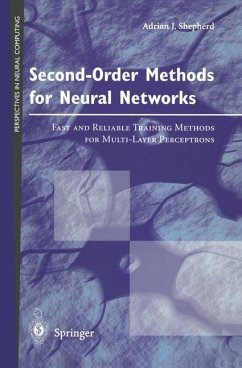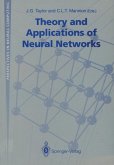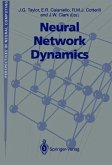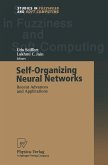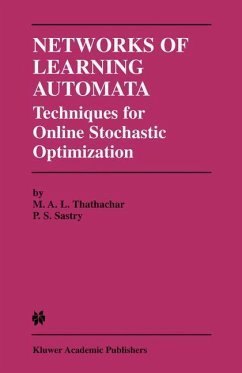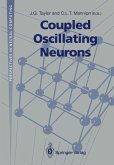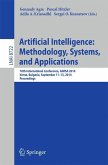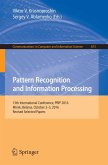About This Book This book is about training methods - in particular, fast second-order training methods - for multi-layer perceptrons (MLPs). MLPs (also known as feed-forward neural networks) are the most widely-used class of neural network. Over the past decade MLPs have achieved increasing popularity among scientists, engineers and other professionals as tools for tackling a wide variety of information processing tasks. In common with all neural networks, MLPsare trained (rather than programmed) to carryout the chosen information processing function. Unfortunately, the (traditional' method for trainingMLPs- the well-knownbackpropagation method - is notoriously slow and unreliable when applied to many prac tical tasks. The development of fast and reliable training algorithms for MLPsis one of the most important areas ofresearch within the entire field of neural computing. The main purpose of this book is to bring to a wider audience a range of alternative methods for training MLPs, methods which have proved orders of magnitude faster than backpropagation when applied to many training tasks. The book also addresses the well-known (local minima' problem, and explains ways in which fast training methods can be com bined with strategies for avoiding (or escaping from) local minima. All the methods described in this book have a strong theoretical foundation, drawing on such diverse mathematical fields as classical optimisation theory, homotopic theory and stochastic approximation theory.
Hinweis: Dieser Artikel kann nur an eine deutsche Lieferadresse ausgeliefert werden.
Hinweis: Dieser Artikel kann nur an eine deutsche Lieferadresse ausgeliefert werden.

